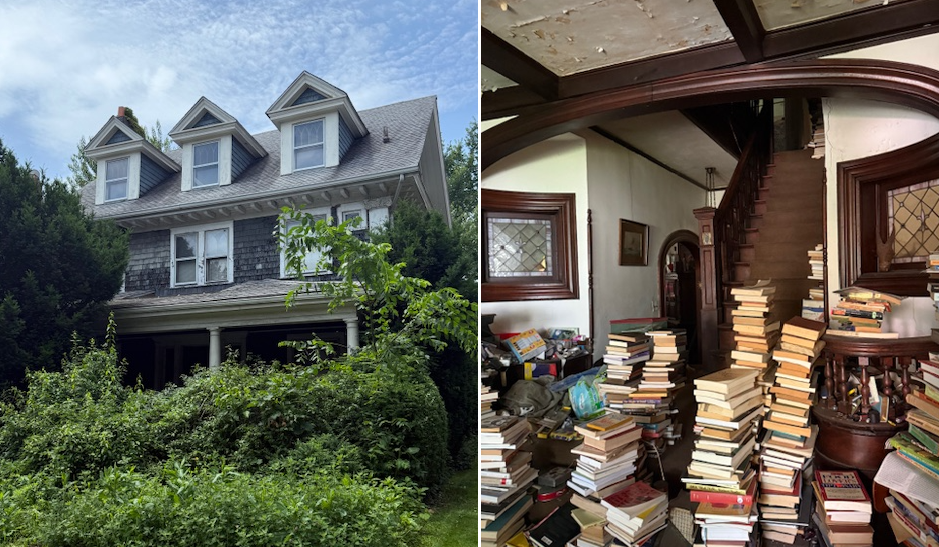CPC Played Sugar Daddy on Domino Rezoning
CPC Resources and Isaac Katan paid nearly $600,000 in lobbying fees in 2005 and 2006, most of which went to nudging the Planning Department to rezone the Domino Sugar Refinery for residential use. A spokesman for the developers says the lion’s share of that money was spent on correspondence with planners. Critics of the redevelopment,…


CPC Resources and Isaac Katan paid nearly $600,000 in lobbying fees in 2005 and 2006, most of which went to nudging the Planning Department to rezone the Domino Sugar Refinery for residential use. A spokesman for the developers says the lion’s share of that money was spent on correspondence with planners. Critics of the redevelopment, however, say Planning shouldn’t push through a rezoning because thousands of new residents will overwhelm the area. Preservations, meanwhile, contend that the amount of money the developers have spent on lobbying invalidates the claim that they won’t be able to preserve the building with the Domino Sugar sign. Half a mil may sounds like a lot of cash, it’s just a drop in the bucket compared to the overall project cost of $1.2 billion.
Domino Developers $weet on Lobbyists [NY Post]
BREAKING! LPC Approves Historic Designation for Domino! [Brownstoner]
CPC Shows and Tells Its Plans for Domino [Brownstoner]
Plans for ‘New Domino’ Released by City Planning [Brownstoner]
Domino photo by GlenShock.





Just to add some perspective, almost all contact with the city on behalf of a client is “lobbying.” If you are a land use attorney and you go to a community board meeting to present a ULURP application, you are lobbying. Obviously, someone has to explain to the community board what the application is all about, but if the applicant doesn’t do it themselves, then the person doing it is a lobbyist. And if that attorney meets with the Department of City Planning (DCP) to discuss the ULURP application before it is certified, that too is lobbying…and billable hours.
I think that when most people hear the term “lobbyist,” they think of someone who is trying to influence legislation on behalf of an organized special interest. A lot of what happens here is just walking applications through the process, although obviously the attorneys do try to influence the process to their client’s satisfaction. But on the other hand, when that attorney meets with DCP staff, the city is exerting influence on the outcome as well.
“Correspondence with planners”?? WTF?
And even with the high-priced lobbying and the high-priced consultants, their cost per square foot is going to wind up being the biggest gift in the neighborhood. The return on that $600k will be exponential.
And that’s exactly how business gets done.
this should come as a surprise to anyone. it’s how business gets done.